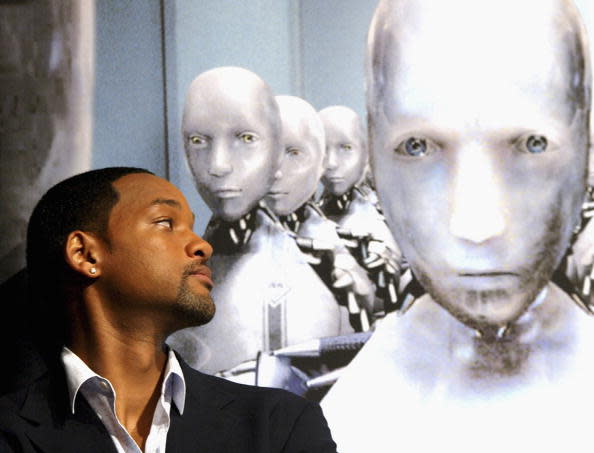Rise of the robots: Britons keen to embrace automation in the workplace despite jobs risk

The rise of the machines has been perceived as a major challenge to future jobs – but it seems many British workers see opportunity rather than threat.
A majority of workers show an overwhelming positive attitude to artificial intelligence and automation in offices and factories up and down the country.
Some 54% believe advances will enhance their existing jobs – while just 33% fear jobs will be at risk.
Employees believe AI could enhance their work by helping them perform tasks quicker (63%) and allowing them to focus on more meaningful work (55%).
Of the tasks expected to be assisted by automation, customer billing (52%), cybersecurity (49%) and administration (46%) came out on top, according to the research among 4,000 users of job board Jobsite.
The insights come in the wake of a major report from the Reform think-tank which predicted some 250,000 roles in the civil service and public sector in the UK could be swallowed up by automation.
It said the NHS, police and Whitehall could all see significant changes, potentially saving £4bn, mainly off the wage bill.

And the Bank of England has warned in the past that up to 15 million jobs – half of those in the UK – are “at risk” from automation.
However, the Jobsite survey appears to buck the doom and gloom message.
While some people showed concern for negative implications such as their skills becoming obsolete (37%), two thirds of respondents were already taking practical steps to pursue education in this area to improve their prospects.
According to results, industries expected to be most affected by automation are manufacturing and banking. Meanwhile, in sectors requiring a more hands-on, human approach such as social care and management, the risk appears to be low.
“This technology is a powerful tool to create efficiencies but, like other technologies have done before, new opportunities and jobs will be created in its wake,” said Jobsite CEO Nick Gold.
“In a job market riddled with skill shortages workers should be embracing automation, as businesses use advances in technology to bridge the skills gap.
“Whether you’re a fan or a critic, one thing is clear – automation is here to stay and is only going to become more accessible. We’d advise workers to proactively skill up, in order to keep up.”

 Yahoo Finance
Yahoo Finance 
